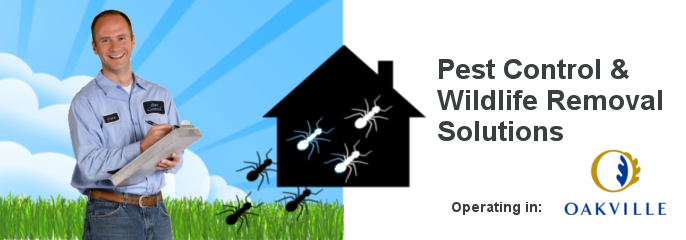Raccoon Behavior During The Spring

Raccoon behavior during the spring is often times different than that of other seasons. They are usually located in a wooded area, but as civilization starts to encroach upon the raccoon, they are starting to take up residence in our homes and buildings. Mating season for them usually runs from January until March which is the start of our busy wildlife control season. After which, you will find Mom raccoon out at night foraging for food for herself and her young.
During mating season, raccoons become very social animals. This is just the opposite of their normal solitary life style. Males, once mating has been completed, will be driven off by the female, as the males are very aggressive towards the young and will often kill them if given a chance. The young cannot walk until they reach the age of 8 weeks and are cared for by the female until they can venture out on their own.
Once the young are walking, the female will take them outside the den and start to teach them to forage for their own food. They become very bold and look for the easiest food source available. This is often your garbage or fishpond. It is during the spring when you will actively see the female teaching her young about the world around them and how to interact in it. They are generally, not aggressive creatures but will defend their young if confronted.
During the spring, the raccoon’s diet is mainly comprised of insects, small rodents and invertebrates like crawfish. This type of food is very plentiful and is easy to catch so it allows the young ones to quickly learn how to forage for their food. Raccoons are also known to eat wildfowl eggs and baby animals like rabbits so you often find them around ponds, streams and near piles of leaves where the smaller creatures make their homes.
Raccoons are quite adaptable in nature, which makes them a familiar site in our populated areas, especially in the spring when food is plentiful, and there are extra mouths to feed.
Call us for Oakville pest control services: 647-931-5319
